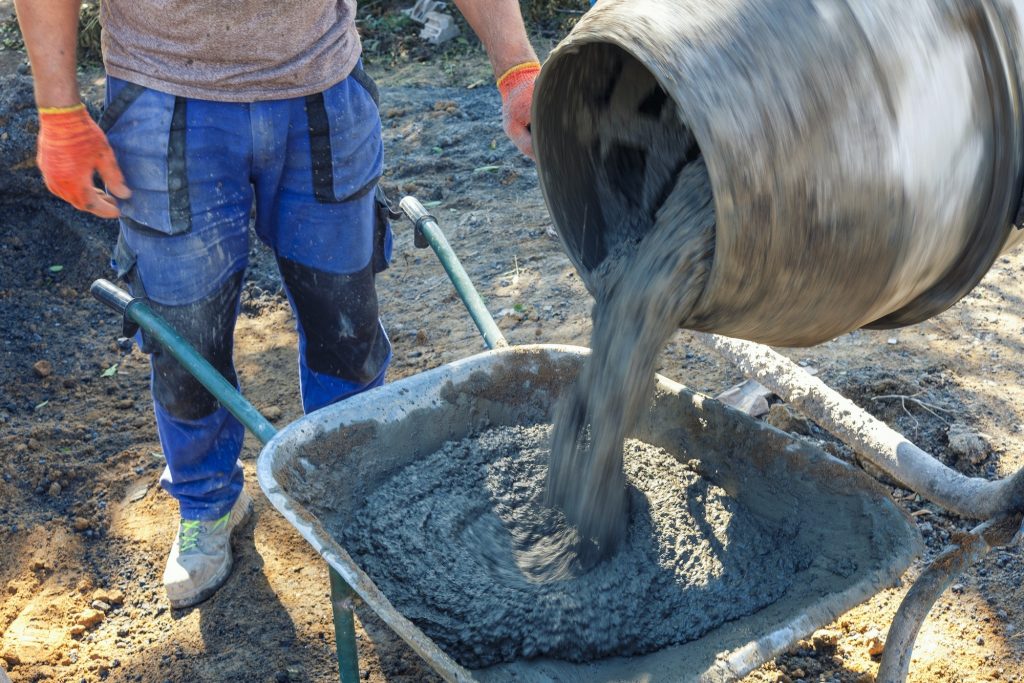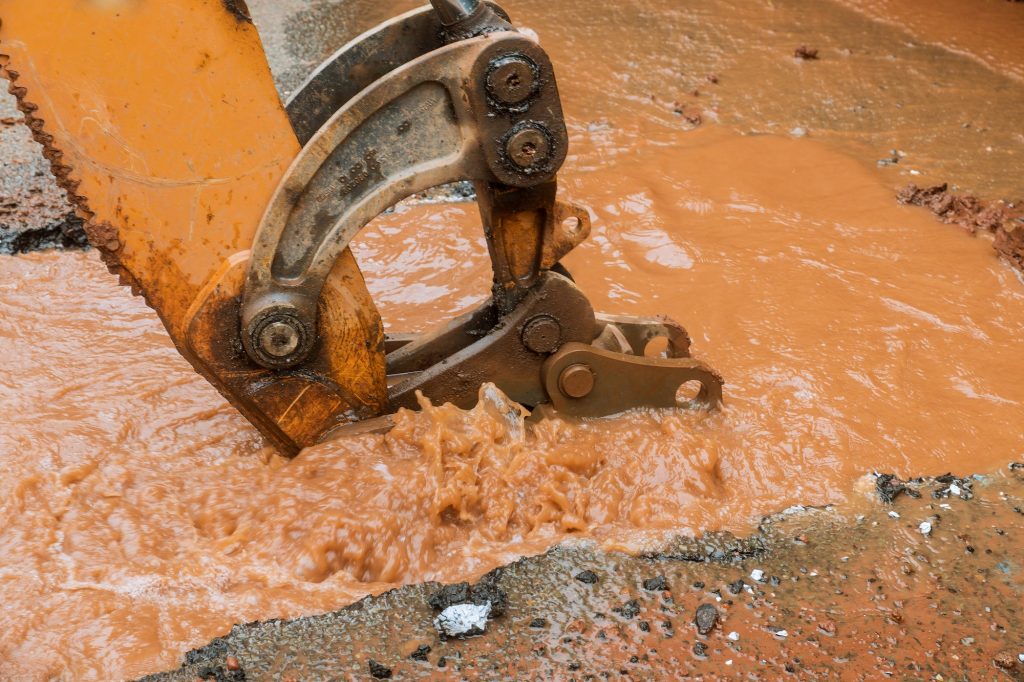How Hard Is My Water?
If you are wondering how hard your water is, then you have come to the right place. There are many factors to take into consideration when you are trying to decide whether or not your water is hard.
WHAT IS HARD WATER
Hard water is a term used to describe water that has high concentrations of dissolved minerals. These minerals are typically magnesium, calcium or sulphates. A hard water quality test can reveal how much these substances are present.
Hard water can be a nuisance in the home. It can make the laundry take longer to dry, cause your hair to look lifeless and make your skin sticky. It can also damage clothing fibers and make your pipes clog. In addition, the mineral buildup in hard water can leave unsightly coatings on surfaces.
One of the main reasons people have problems with their plumbing is due to the mineral deposits in hard water. The buildup can cause your appliances to work less efficiently and can raise your energy bills. If your home has a hard water issue, you should consider using a water softener.
Hard water is a major problem for many homeowners. But what exactly is it? Well, it’s a natural result of the hydrologic cycle. Basically, it’s caused by the absorption of carbon dioxide in rivers and lakes. This causes the formation of bicarbonate ions, a positive charge that makes it difficult to rinse out with soap.
Another important aspect of water hardness is the presence of anions. Anions are dissolved minerals that are acquired through contact with rocks or minerals. Typically, these ions have a positive charge, or are a metal complex.
Hard water is a serious problem that can affect your household budget and your health. To learn more about your home’s water supply, check out your city municipality’s report on water hardness.
Taking the time to find out if your home has a hard water problem will help you and your family. You can avoid costly repairs by having a professional perform a hard water test and a water softening solution.
HOW IS HARD WATER MEASURED?
Water hardness is a measure of how many dissolved minerals are present in a particular volume of water. The mineral content of a given quantity of water is expressed in parts per million (PPM).
There are three primary ways to test the hardness of water. You can buy an at-home water hardness tester or use a free test kit to get a quick indication of the degree of hardness.
Hard water is water with high concentrations of dissolved minerals, such as calcium and magnesium. These minerals have positively charged ions. As a result, they are more difficult to dissolve in water. If the water you are using is hard, you will need to use more detergents and soap to wash clothes and dishes.
Water softeners can help remove dissolved mineral ions from water. This is an effective way to make water softer and more suitable for drinking. Soft water is less likely to leave soap scum on your skin.
Another common measurement of water hardness is grains per gallon (GPG). Grains per gallon refers to how much calcium carbonate is present in a particular volume of water. A GPG equals one unit of calcium carbonate dissolved in 100,000 units of water.
Another commonly used measure is milligrams per liter. Milligrams per liter is the same as PPM, but it is a more precise measurement.
Water with a mineral content of 200 ppm or more is considered moderately hard. This means the hardness of the water is about 3.6 to 7.0 gpg.
The most extreme level of hardness is very hard. Very hard water has over 10 GPG of calcium carbonate. It is packed with minerals and can cause reddish rings on porcelain.
ISSUES RELATED TO HARD WATER
Hard water is an undesirable form of water that can lead to many problems. It can affect household appliances, plumbing systems, and more. There are various solutions for hard water issues. However, it is important to check the quality of your water before making a decision.
One of the major reasons for problems with hard water is limescale. This deposit can clog pipes and appliances and can cause long-term damage.
Another reason is the fact that hard water is often cloudy. The solubility of mineral salts in hard water can exceed 100 parts per million (ppm), leading to a cloudy appearance.
Hard water can also cause a buildup of lime scale on metalwork. Limescale is a chalky layer that collects in pipes and on bathroom tiles. When it clogs up pipes, it can cause leaks.
In addition to damaging appliances, it can reduce the life of the plumbing system and make it hard to clean. Moreover, it can damage the fibers in clothing and can stain dishes.
Other common complaints about hard water include soap scum in the shower and clogged drains. The deposits left by hard water can prevent detergents from lathering up, and they can reduce the effectiveness of shampoos.
Homeowners also notice chalky white deposits in the sink drains. They can be removed with plain white vinegar. But, they can create a permanent fixture part.
The use of a water softener can help to reduce the amount of hard water deposited on appliances. This solution can save money on maintenance, repair, and replacement costs.
Some homeowners may prefer to drink bottled water. However, it is better to use filter water for drinking. If you have a problem with hard water, a water expert can recommend the best solution for your specific situation.
WHAT IS A WATER SOFTENER?
A water softener is a device designed to reduce the hardness of your water supply. It works by removing the calcium and magnesium minerals from your water. This helps eliminate scale buildup and keeps your appliances running smoothly.
Water softeners come in two types: non-precipitating and precipitating. The former type mainly relies on phosphates. Precipitating water softeners increase the alkalinity of your water.
Non-precipitating water softeners use polymer-based ingredients. These don’t leave behind scum and do not change the alkalinity of your water.
The reverse osmosis method of water treatment can also be used to remove minerals. But, this process is very expensive and can have negative effects.
Hard water can leave your clothes and dishes streaky, and can leave your hair looking lifeless. Some people even experience skin irritation from the minerals in their water. That is why a water softener is a very valuable home improvement.
Water softeners come in different sizes to suit all homes. You can choose a compact unit that is perfect for small families. They come with a control valve that is attached to a mineral tank.
Most of the time, a water softener has a bypass valve built into its inlet. This is helpful if you have extremely hard water.
A reverse osmosis system uses a semipermeable membrane to remove 98% of the impurities in your water. The ions in hard water are drawn to the positive charge in the resin beads.
Ion exchange water softeners replace the calcium and magnesium ions with sodium. In some cases, an optional UV filter is used to remove bacteria.
Water softeners can help you avoid clogged pipes and a high energy bill. They also improve the quality of your water, eliminating lead and chlorine.
TYPES OF WATER SOFTENERS
The water softener is a device that is used to remove hardness minerals from the water supply. It works by releasing hydrogen and potassium molecules into the water. These chemicals help to neutralize the calcium and magnesium content in the water. This helps to improve the taste and cleanliness of the water.
There are three different types of water softeners. Some are salt based while others are completely salt free. Salt-free water softeners are ideal for small to medium-sized households. They are less efficient if the home has high amounts of hard water.
Ion exchange is the most common water softening principle. Ion exchange uses sodium ions and is optimal at a pH level of 6.5 to 8. When the water passes through the ion exchange chamber, the ion exchange process can attract positive and negative ions and release them into the water supply.
A water softener will also reduce iron and manganese in the water. Iron is generally best removed from the water through a comprehensive filtration system. But iron can sometimes be removed by a water softener if it is in dissolved form.
Water softeners are made up of three main components: a mineral tank, a resin bed, and a plumbing system. These components need to be measured correctly and properly threaded for the proper function.
Salt-based and ion exchange water softeners use the ion exchange process to remove heavy minerals and return the water to its normal state. These systems also provide safe drinking water.
Alternatively, magnetic water softeners do not require a brine tank. However, they do need to be regenerated from time to time. Unlike other types of water softeners, magnetic water softeners do not utilize electricity for operation.



